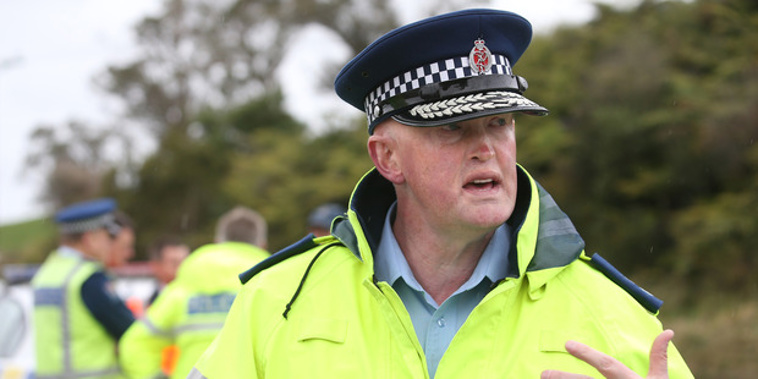
More Kiwis are being fined for mobile phone offences than for drink driving, according to the latest data from NZ Police.
The data shows 32,916 mobile phone offences compared to 27,751 drink driving offences from September 2015 to September 2016.
The offenders paid $2.5m for mobile phone offences in the same time period, compared to $1.7m for drink driving.
But Superintendent Steve Greally, national manager for road policing, said the problem was much bigger than that.
"How many do we catch. We can't be really everywhere. It's a small sample."
In a classic case of 'what you measure is what you get' - offences are much higher when the police target mobile phone offences.
In Sept 2015, 4200 drivers were fined for mobile phone offences. The spike in numbers was the result of a police campaign to focus on mobile phone and seatbelt offences.
Greally said the numbers are only indicative of what's going on.
"It's largely because people don't see the risk. People who are driving doing 100km/h, we need them to take it seriously.
"If you kill a child while on a mobile phone you'll figure out that text could have waited.
"We are the adults in the room. We are the ones who have to modify our behaviour."
Changing the behaviour will not be a quick process, according to transport researcher Glen Koorey.
"With drink driving, we have gone through a cultural shift over a generation. People used to get into the car after having a beer. Now, people think about it more seriously. That took a decade to change that behaviour.
"It's going to take a while for people to appreciate the consequences."
One of the reasons for rampant distracted driving is the lack of understanding of how attention works on the road.
"A lot of people think they can multi-task, but they can't," Greally said.
Multi-tasking while driving is not practical because a vehicle can still cover a large distance during even a small period of inattention.
Psychology Professor Samuel Charlton, of Waikato University, said automotive manufacturers were trying to figure out how long it takes someone to perform a task on their phone while driving.
"No one's got a good rule of thumb of how long should it take to do something," Charlton said.
"If you are travelling at 100km/h, you will have gone 60m in two seconds. That's a very long way."
The attention deficit also depends on the function performed on the phone while driving.
A phone conversation is very different from texting, according to Charlton.
"With a conversation, we know the driver's reaction times are slowed because it takes time to disengage with the conversations and engage with the traffic and pedestrians.
"If you are texting, it's very different. The risks can be higher, because your eyes are required as much as your attention."
Take your Radio, Podcasts and Music with you









